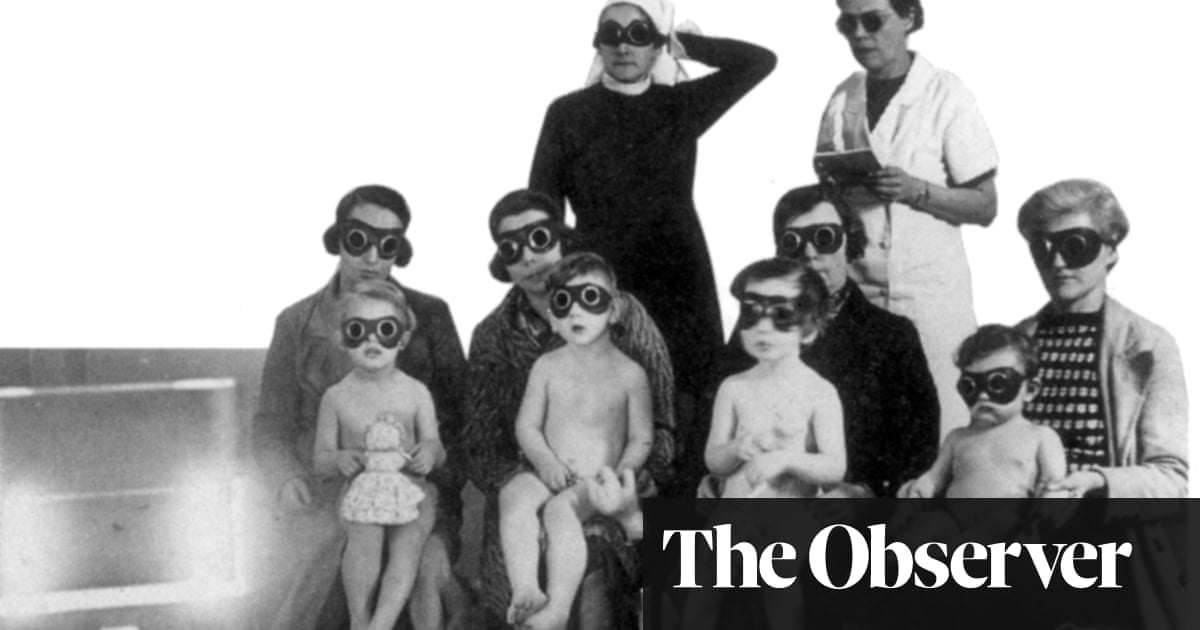- cross-posted to:
- [email protected]
- cross-posted to:
- [email protected]
There has been a surge in cases of scabies and measles – both highly contagious – as well as rickets and scurvy, conditions we thought had been eradicated. Are public health cuts to blame?
Before Covid-19, Dr Farzana Hussain says, it was rare for her to see a case of scabies at her GP surgery in Newham, east London, but since the pandemic, the number of patients with the parasitic skin infection has increased dramatically.
“By the time a patient comes to me for advice, everyone in the family has it, including all the children,” she says. “The itch is maddening. People demand immediate treatment.”
Transmitted by tiny mites that burrow and lay eggs under the skin, scabies is a disease associated with squalor and overcrowding. Spread by close personal contact, it is so infectious that during the Victorian period, workhouses maintained separate “itch” wards so those infested with the mites could be segregated and treated before being allowed into the workhouse proper.
According to the Royal College of General Practitioners (RCGP), scabies cases are now running at three per 100,000 of the population in England, double the five-year seasonal average. That translates into approximately 2,000 cases of scabies a year. However, in the north, the worst affected region of England, GPs are seeing rates as high as six per 100,000.
Well, a lot of the Leavers wanted to bathe in a perceived Victorian Empires’ Greatness. At least in that aspect they have reaches Victorian levels…
Won’t it be so romantic to see bare footed children scavenge for a living in the mud of the Thames again? Just like the good old days?
This is the best summary I could come up with:
Before Covid-19, Dr Farzana Hussain says, it was rare for her to see a case of scabies at her GP surgery in Newham, east London, but since the pandemic, the number of patients with the parasitic skin infection has increased dramatically.
For Marmot, the surge in infectious diseases reflects the cost of living crisis and decade-long cuts to social services and public health, which have left Britain with one of the poorest and most vulnerable populations in Europe.
But because of cuts to frontline services and a shortage of sexual health counsellors, getting an appointment at a clinic can take weeks, and patients who succeed in getting one can face waits of up to four hours before being seen.
Helen Bedford, professor of children’s health at University College London, believes the shortfall is one of the factors driving the low uptake of the MMR jab and other vaccines.
Hussain says another factor is fatigue: “During the pandemic, people took on board the message to get the Covid vaccine, but now don’t feel it’s necessary – or that they have the time – to get the measles jabs for their children.
Similarly, the incidence of rickets is far below the rate seen in the 1800s, when London was blanketed by smog, blocking UV radiation, and it is estimated that the condition affected 60% of children living in the capital.
The original article contains 1,675 words, the summary contains 228 words. Saved 86%. I’m a bot and I’m open source!
From the article:
But is there a danger that in comparing today’s situation with the Victorian period we may be getting things out of proportion? For instance, one of the key reasons scabies cases are increasing, according to the British Association of Dermatologists, is a shortage of treatments such as permethrin and malathion. And not every case of scurvy is due to parents being unable to afford fresh fruit and vegetables – sometimes, a vitamin C deficiency may be due to children being picky eaters.
People opting out of vaccines is very different from a shortage of medicines/treatment. It isn’t entirely dissimilar from people choosing riskier sex (which is mentioned in the article).
That is not to say we should be complacent, however. Dr Benjamin Jacobs, an expert on rickets at the Royal National Orthopaedic Hospital in Stanmore, Middlesex, says that whereas in the 1980s it was unusual to see a case of rickets, today, sadly, the condition is no longer a rarity. “I see at least three children with rickets each year; each case is a heartbreak,” he says.
I read “return of Victorian era dresses” and wondered why that’s a huge health worry.
JRRM opened his cabinet of curiosities?
JRRM
I’m not sure if this is a typo on Jacob William Rees-Mogg, or George R.R. Martin
Jeorge R R Martin
Scurvy? Are Brits refusing to eat plants now?





